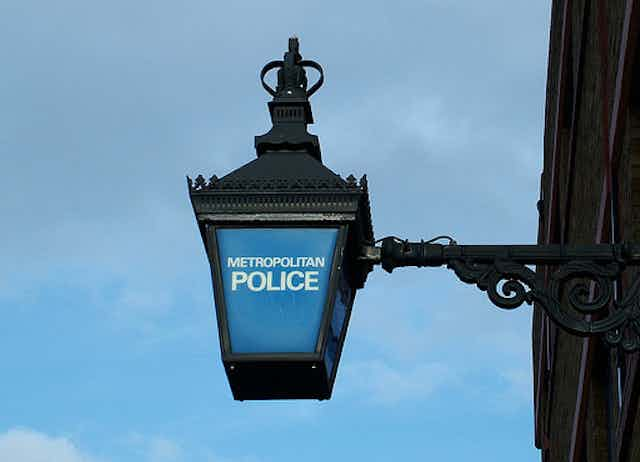The tension between senior police officers and their elected masters has spilled over into the political arena after reports of chief constables being bullied out of their jobs and complaints of misuse of office by some of the new class of Police and Crime Commissioners.
Calls for the home office to rein them in have prompted an enquiry which will examine whether, in the words of Sir Hugh Orde, president of the Association of Chief Police Officers: the election of commissioners “has removed all checks and balances around appointments and dismissals” of senior police officers.
The election of commissioners is one of the biggest changes in the structure of governance in policing in particular and more generally the criminal justice system. While it is early days to judge if the reform will be a success there have been concerns from police that their “operational independence” is being encroached upon with undesirable consequences for crime fighting. It is thus instructive to consider the pros and cons of elected commissioners.
The main strength of such elections is the idea that direct accountability will make commissioners more responsive to the “will of the people”. It’s an attractive theory, as crime potentially affects all citizens and the commissioner’s priorities should be reflected in the way resources are allocated in crime fighting measures. Balanced against that is the worry that the voting public has less knowledge than the police on the many hidden threats facing society, such as potential terrorist activity and thus may not be in a position to decide what policing priorities should be.
Public pressure may cause commissioners to divert resources away from less visible activities (counter-terrorism) to more visible ones, leading to some negative outcomes such as a less secure country as preventive policing gets less funds. Of course, it is impossible to predict the precise impact that electing commissioners will have but is instructive to briefly look at how these elections of similar officials have worked in the US.
What can we learn from the US?
While there is no past evidence of something quite like the current PCCs there is a fair amount of evidence in the US of the impact of directly electing judges, sheriffs and prosecutors. I am not aware of any rigorous study of police chief/sheriff elections but the analysis of electing public prosecutors that I have carried out with Bryan McCannon could serve as a cautionary tale.
If conviction rates are what the public cares about, prosecutors take cases which are easily provable to trial to increase their conviction rates. Alternately, if the public are more concerned with higher prison sentences, prosecutors put less emphasis on costly trials to produce the required average sentence targets that the public demand. This stems from the fact that voters are imperfectly informed about the ability of their elected officials and use these measures to distinguish capable officials from not so capable ones.
Our empirical work on prosecutors facing elections in North Carolina validates our theoretical analysis that elections do induce distortions. The decision by prosecutors of what cases to try differ from what is desirable from the view of the working of the criminal justice system. It is discomforting to know that prosecutors use courtrooms to signal strength rather than to conduct fair trials.
However, we have also shown that such distortions are not inevitable if voters focus on the entire records of prosecutors rather than a single metric of success. Work by other researchers on elections of judges in the US point to similar distortions when election time approaches.
Pressure for results
Various case studies in the US have shown that miscarriages of justice have occurred when prosecutions have been carried out under public pressure. Given that this could happen when the police are not under the direct control of prosecutors, the scope for such miscarriages is surely higher when the police work under a directly elected commissioner. Yet, such adverse consequences are not inevitable as long as “operational independence” of the police is maintained.

The recent turf battles between some Police and Crime Commissioners (PCCs) and police chiefs could well be the teething problems that invariably accompany a major reform. This suggests that what is needed is not scrapping PCCs but further reforms to insulate the police from political pressure and clearly demarcate the lines of authority between the PCC and the chief constable.
Transparency in police operations to ensure that they do not shirk their duties can be introduced without officials who face re-electoral pressures trying to oversee their day-to-day crime-fighting decisions. PCCs could involve the public in the challenges they face in balancing competing interests so that the voters realise the cost of devoting resources only towards visible crime fighting.
This will require some resources devoted to public engagement so that we don’t get the same low level of voter turnout in future elections, which defeats the purpose of democratic accountability. This, coupled with making sure that the wall of operational independence is not breached, might combine the best features of accountability while insulating the police from having their agenda fixed by the fluctuating fortunes of public opinion.

